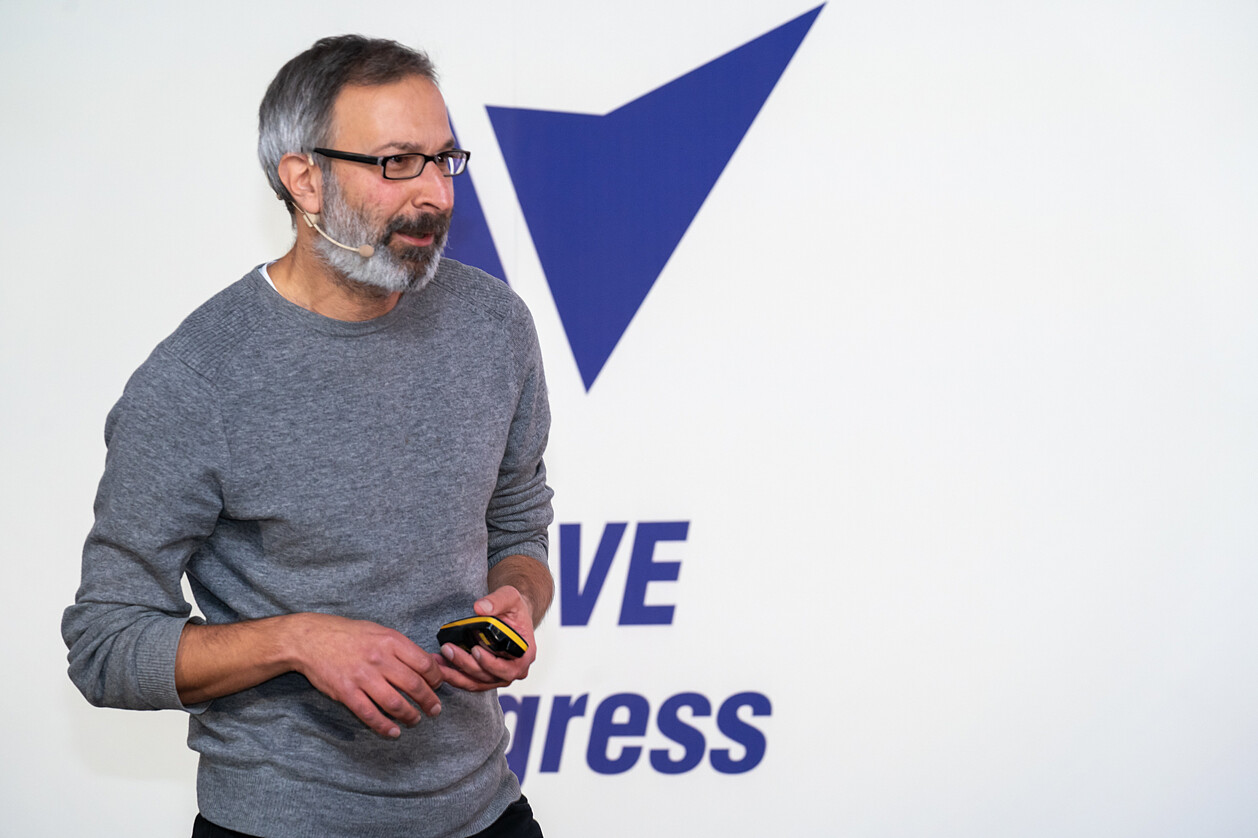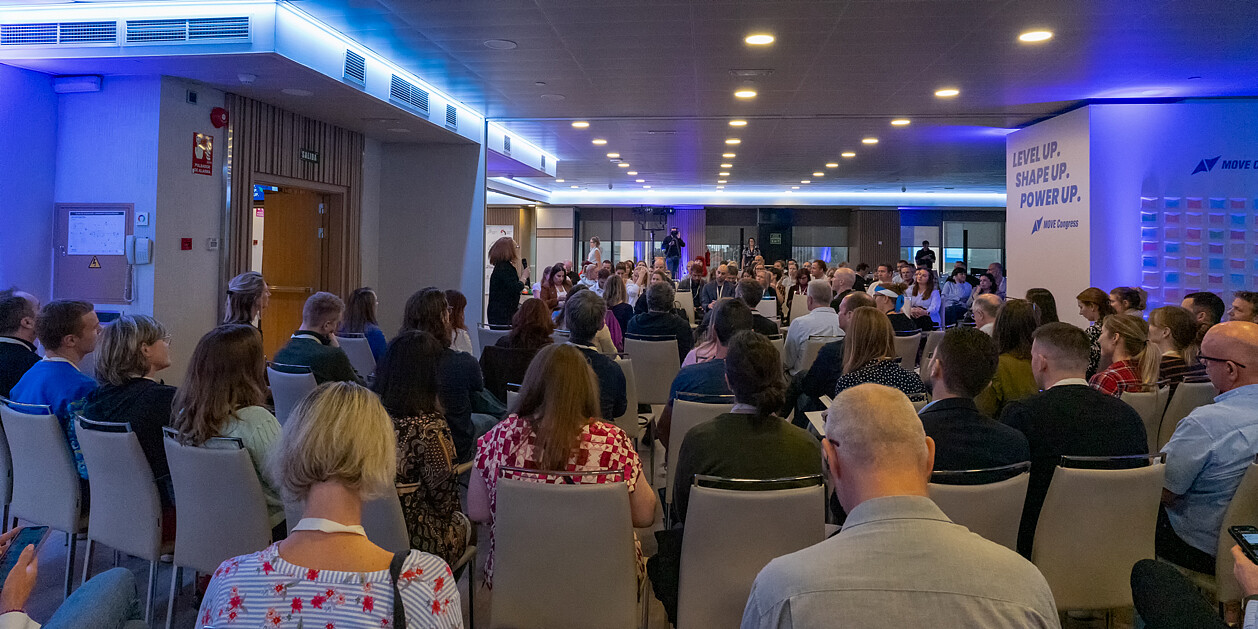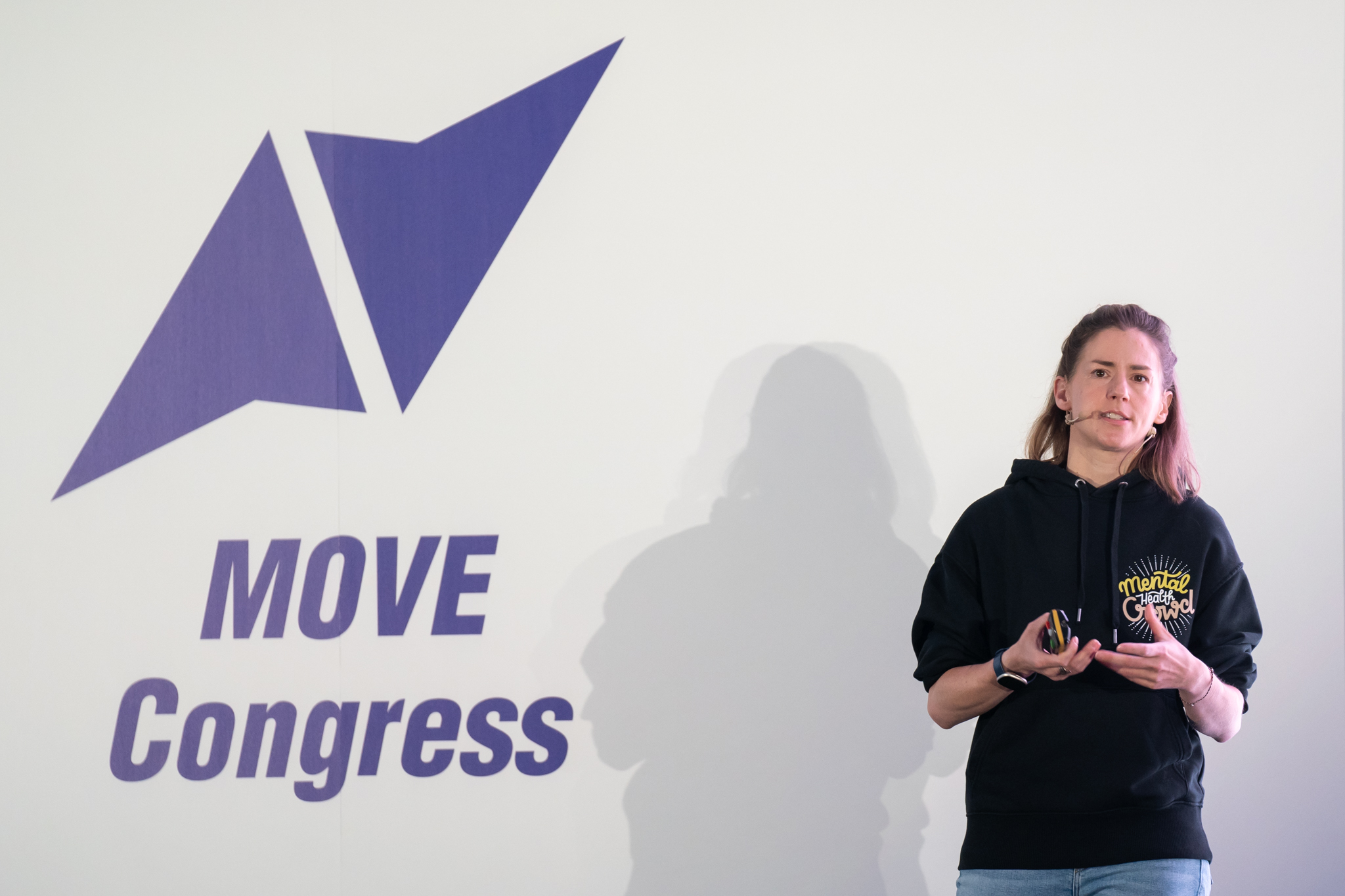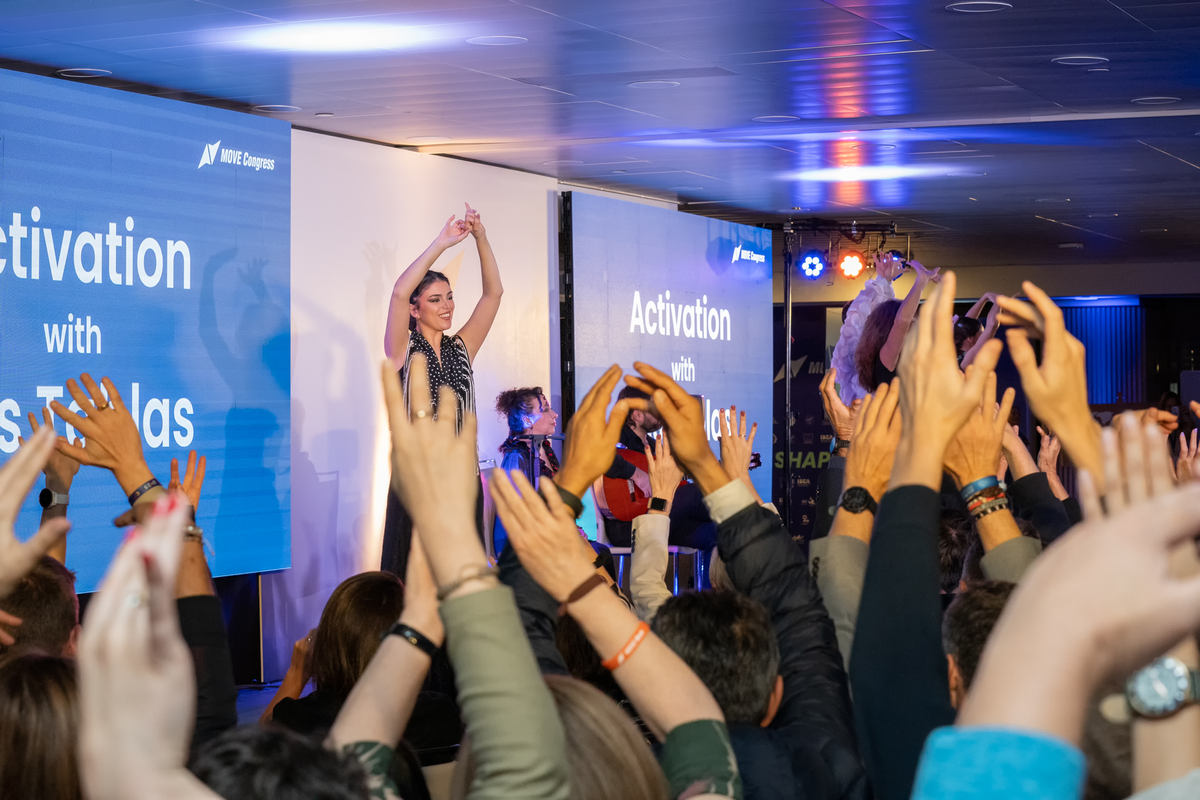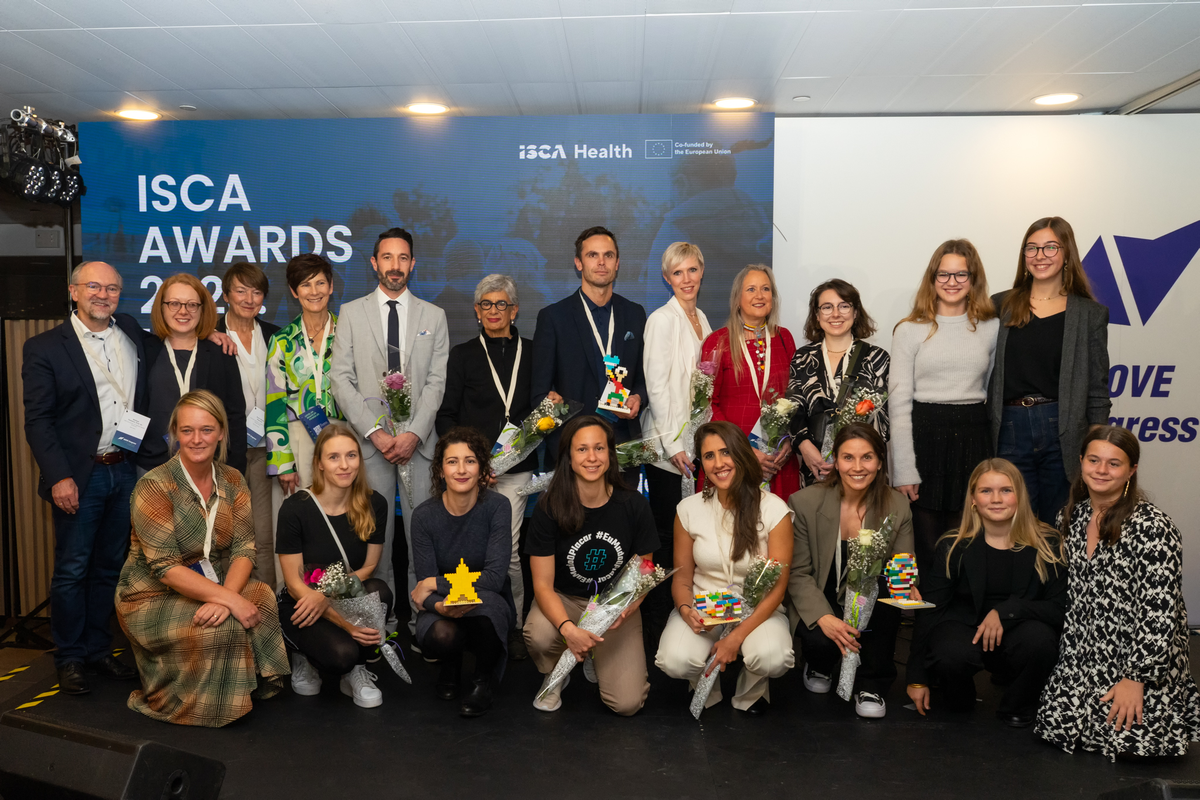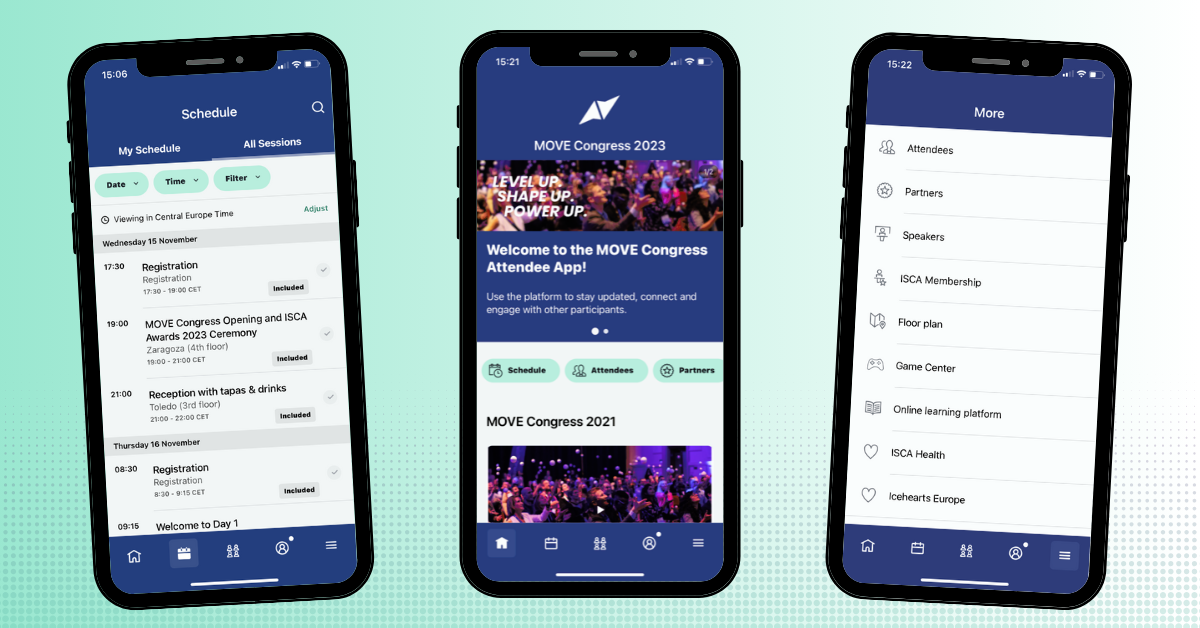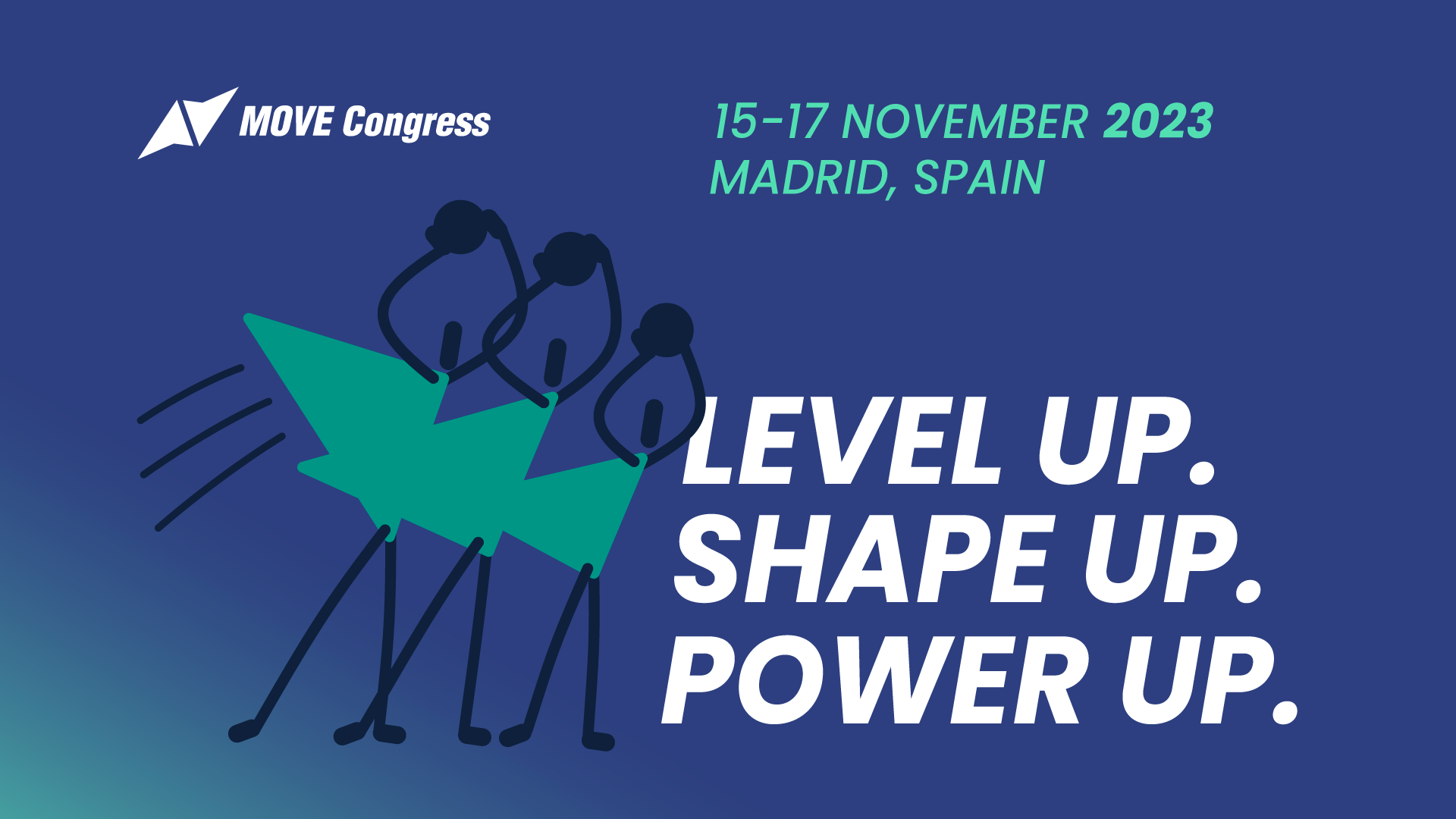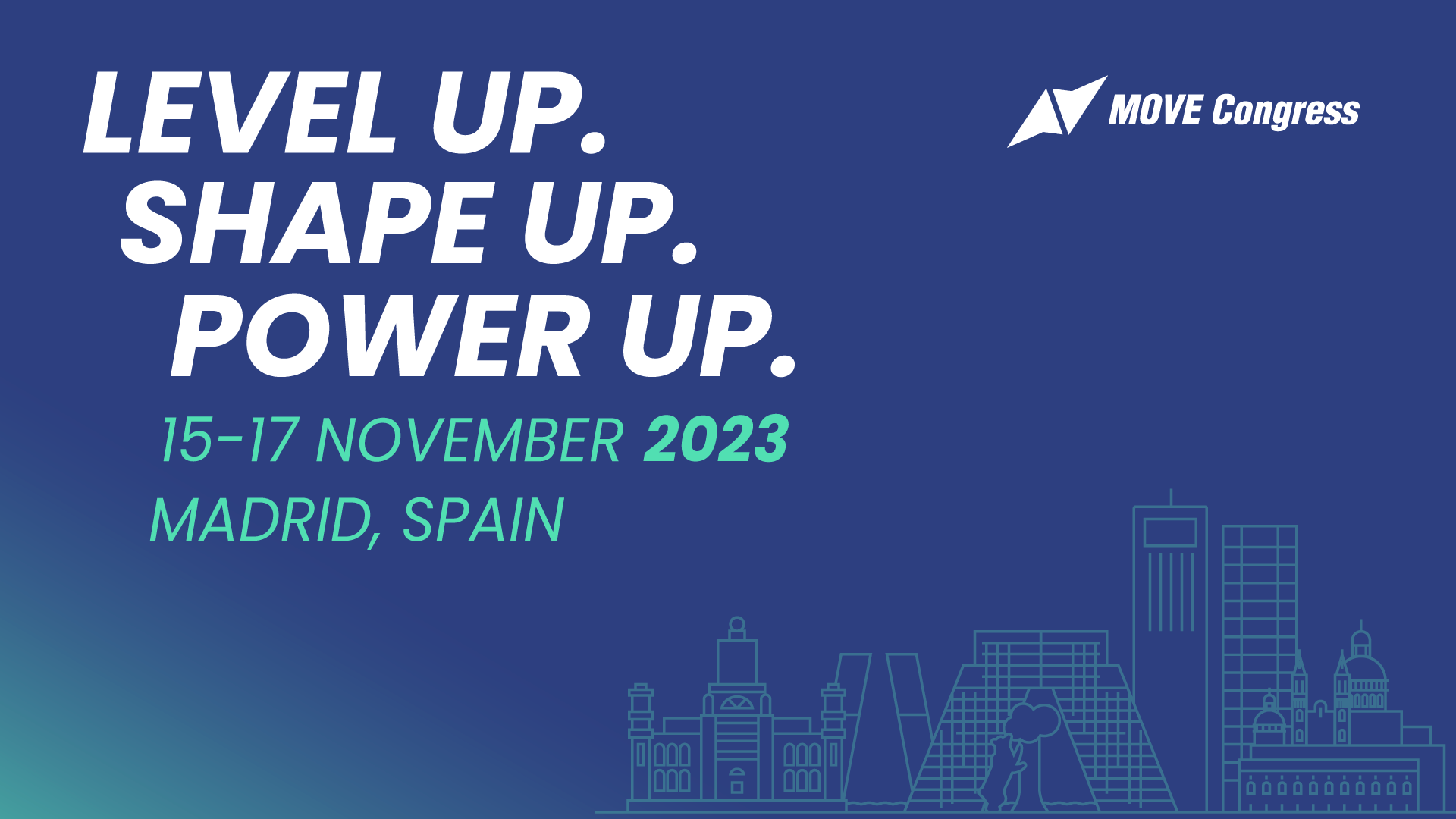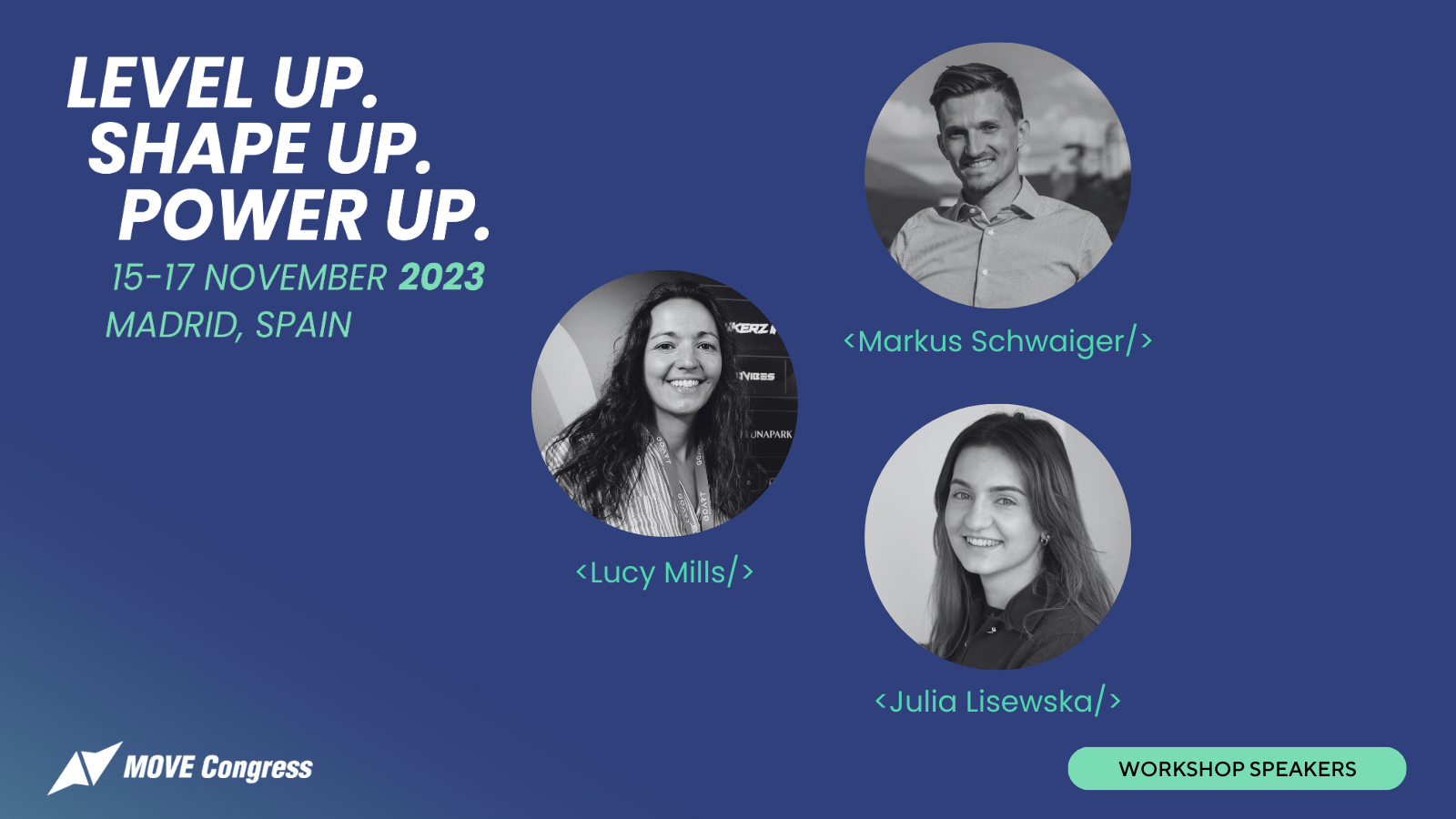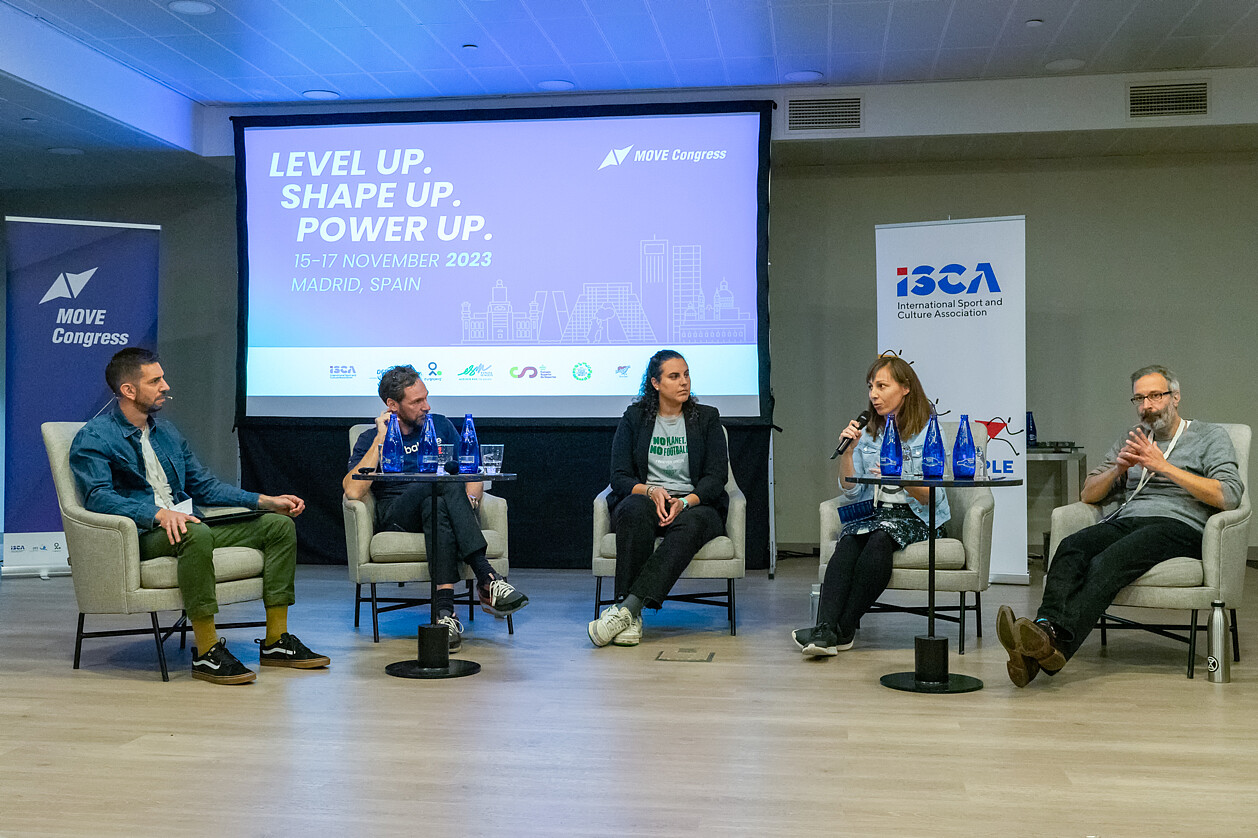 Embedding environmental sustainability in sport organisations’ DNA
Embedding environmental sustainability in sport organisations’ DNAWhen people and sport power combine: how grassroots sport leaders can collaborate for better planetary health
Karim Abu-Omar’s keynote presentation on “grassroots sports and planetary health” led the way for a full day of conversations around sustainability in sport at the MOVE Congress 2023 on 16 November, which continued through a dynamic panel with leaders in the sector and a hands-on workshop to practice what was learned. The world is facing a climate crisis of great dimensions, but there are still great tools at hand to tackle it, and grassroots sport could be one of the
It takes a village to raise a child – an African proverb that could help us adopt a more child-centred approach
The African proverb “it takes a village to raise a child” provided a framework for the MOVE Congress panel discussion on 16 November that added the keywords “health and happy” to the title. Both the original and extended phrase encapsulate the idea that a child's wellbeing and development are influenced by a community that is much broader than their immediate family. This concept emphasises the collective responsibility of society in supporting children to grow into happy, healthy individuals. The village represents
“Why mental health rocks!” and why movement can be part of the journey to a healthier mind: Dominique de Marné
“If you have a body and you have physical health, then you have a mind, so you also have mental health – congratulations!” Et voilà! It sounds so absurdly obvious the way MOVE Congress keynote speaker Dominique de Marné put it in her presentation ‘Why mental health rocks!”. In reality, it’s far from obvious to many people that physical and mental health are equal parts of a whole. That’s why de Marné, the founder of the Mental Health Crowd GmbH, author
MOVE Congress 2023 powers into action with an interactive flamenco show in Madrid
The opening of the world’s most active conference for physical activity experts, the MOVE Congress, turned into a Spanish tablao on the evening of 15 November in Madrid, with an interactive flamenco performance putting the plenary room of almost 400 delegates from 50 countries into the action. The 11th edition of the MOVE Congress is called Level up. Shape up. Power up. And what better way to power up the stage ready for 52 speakers from five continents who will
Outstanding initiatives and role models in physical activity and health awarded at MOVE Congress opening
This year’s winners of the ISCA Awards recognising and celebrating outstanding initiatives and role models in the field of Health-Enhancing Physical Activity (HEPA) have been revealed at the opening of the MOVE Congress in Madrid, Spain. The 12 shortlisted nominees travelled from three continents to attend the ceremony, after having been selected for their stand-out applications among 55 eligible organisations and individuals nominated. Brazilian organisation Luta pela Paz won the Physical Activity and Mental Health Award; Youth Sport Trust UK’s Move
Have you powered up with the MOVE Congress mobile app?
The ISCA team is so excited to welcome all participants tomorrow to Madrid for the MOVE Congress 2023! If you haven't downloaded the MOVE Congress event App, we would kindly encourage you to do it before you arrive at the Congress! We will use the App to inform you about all important announcements - you can keep an eye your schedule, network with other participants and engage in the discussions! P.S Make sure that your profile is turned on to be
Two days to go!
The MOVE Congress 2023 promises to be as diverse and exciting as ever before – our final line-up includes 52 speakers from 24 countries across five continents. The Director of the Office of the Spanish High Commissioner Against Child Poverty, Albert Arcarons Feixas, and the Colombian Minster for Sport, Astrid Rodriguez, will join ISCA President Mogens Kirkeby to open the MOVE Congress on Wednesday 15 November. And a few more numbers before the whole ISCA team and our network dive into
The MOVE Congress 2023 is just around the corner!
ISCA established the MOVE Congress 14 years ago to gather our members, project partners and wider network, including experts from the non-profit sport and physical activity sector, health, urban planning and education, all in one place for some seriously active networking! Now we’re ready to get this show on the road again – we’re looking forward to welcoming almost 400 international delegates in Madrid next week. How has our signature conference evolved since 2009? Here are some of the features of the
Fit for the digital age AI workshop
MOVE Congress Workshop Friday 17 November 2023: 11.45-13.15 CET Room: Zaragoza (4th floor) Facilitators: Lucy Mills, Ready Sport Global; Markus Schwaiger, Austria Guides; Julia Lisewska, International Sport and Culture Association (ISCA) Designed especially for beginners, this interactive and informative peer-to-peer workshop will explore how artificial intelligence (AI) tools can benefit small non-profit organisations, as we put AI to the test on a “real-life” example project that encourages people to move. It promises to be a unique session that combines a keynote from AI and community
Grassroots Esports debate
MOVE Congress Debate Friday 17 November 2023: 9.45-11.15 CET Room: Zaragoza (4th floor) Moderator: Sjaak Kuil, H20 Esports and Go!Gaming, the Netherlands Panellists: Matthijs Vink, H20 Esports and Go!Gaming; Viktória Anna Kovács, Hungarian Country Office of the World Health Organization (WHO); Mads Arnborg Didriksen, Esports consultant at DGI, Denmark; Patrik Katona External Expert at the Hungarian Esports Federation (HUNESZ). Esports are often perceived as individualised and home-based activities, whether this involves the individual player or spectator of elite esports. In between these two images lies

